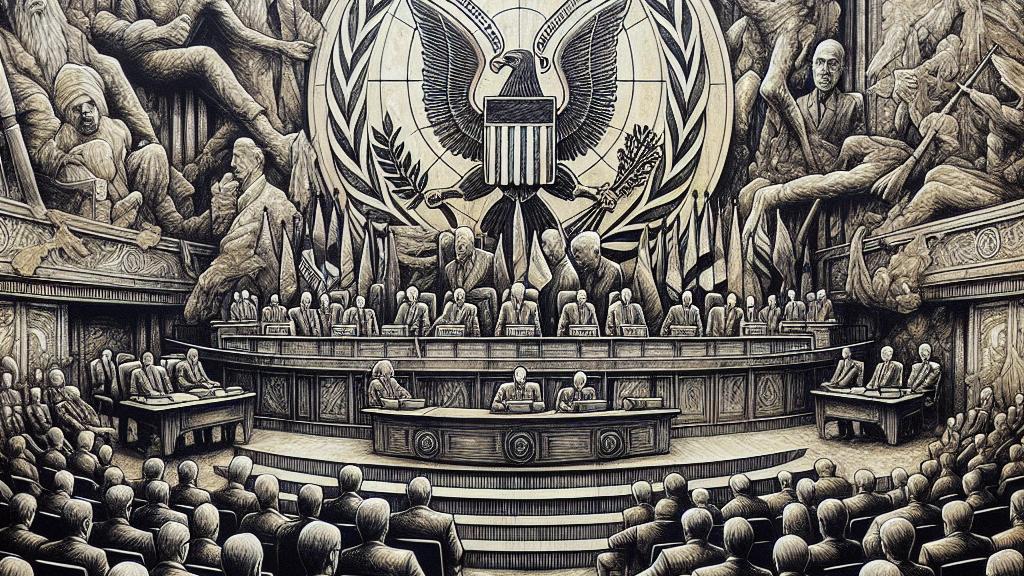Reactions of US Politicians to ICC's Arrest Warrant for Netanyahu
Overview
- The ICC's bold issuance of arrest warrants for Israeli PM Netanyahu and key figures highlights significant international legal tensions.
- US politicians reacted with fierce backlash, asserting strong support for Israel while challenging the ICC's authority.
- This situation has ignited a polarized debate within American politics regarding accountability and human rights in the context of the Israeli-Palestinian conflict.

A Groundbreaking Move by the ICC
On November 21, 2024, the International Criminal Court (ICC) sent shockwaves through the international community by issuing arrest warrants for Israeli Prime Minister Benjamin Netanyahu, former Defense Minister Yoav Gallant, and Hamas military leader Mohammed Deif. This unprecedented action stems from grave allegations related to war crimes and crimes against humanity committed during the conflict in Gaza. Reports indicate that Netanyahu and Gallant are accused of depriving civilians of essential needs such as food, medical supplies, and electricity, particularly during the intense military operations that escalated from October 2023. Such a decisive legal step highlights the ICC’s critical role in enforcing international laws and holding leaders accountable for severe human rights violations, reaffirming its commitment to justice on a global scale.
Swift and Strong Political Backlash in the United States
In response to the ICC's bold move, US politicians erupted in a unified front criticizing the court's authority. President Biden, for instance, condemned the warrants as outrageous, emphasizing that there is simply no moral equivalence between Israel's acts of self-defense against Hamas and the alleged actions of that group. Additionally, many lawmakers, including prominent Republicans and Democrats, echoed similar sentiments of unwavering support for Israel, arguing that the ICC's involvement threatens an essential alliance rooted in shared democratic values. Notably, Senate Minority Leader Mitch McConnell reiterated the importance of standing firmly with Israel during these turbulent times, asserting that the United States must protect its allies from politically motivated international legal challenges. This political phenomenon underscores how deeply embedded the support for Israel is within the fabric of US foreign policy.
Diverse Perspectives and the Need for Accountability
While the dominant narrative among US officials was of steadfast support for Israel, dissenting voices emerged, notably from progressive lawmakers. Congresswoman Rashida Tlaib, for example, articulated her approval of the ICC's decision, describing it as a crucial step toward accountability for Israel's actions in Gaza. This acknowledgment of justice resonates with various activists and community leaders who advocate for a comprehensive review of US policies that enable the situation in Palestine. Furthermore, recent protests and discussions highlight the urgency for a humanitarian approach to the Israeli-Palestinian conflict, emphasizing the rights of civilians caught in the crossfire. Such dialogues, often at odds with mainstream political rhetoric, enrich the broader conversation around international law, human rights, and the moral obligations of nations, creating a complex landscape that reflects both accountability and the challenges of enacting change in entrenched political alliances.

Loading...